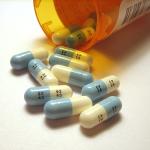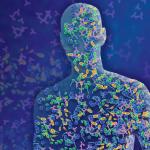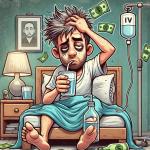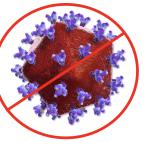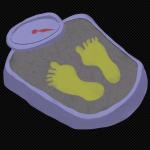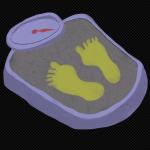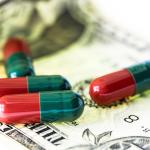Join Cameron English and Dr. Chuck Dinerstein on Episode 90 of the Science Dispatch podcast as they discuss:
Drugs & Pharmaceuticals
From 1968 to 2020, Americans experienced a remarkable increase in life expectancy, from 70 to 78 years. Much of that was due to advances in drugs and vaccines, many of which are now unavailable because of shortages.
When I first wrote Antibiotics – The Perfect Storm (2009-10), I described the various factors that went contributed to the conundrum that still confronts us today.
It is nothing short of hilarious that people who drink excessively, to the point where they experience a hangover the next day, are overly concerned about their health.
Join Cameron English and Dr. Chuck Dinerstein on Episode 83 of the Science Dispatch podcast as they discuss:
The German edition of Medscape Medical News repo
If you grew up in the middle of the early AIDS epidemic as I did, something I've written about firsthand, the results of a study on a tw
Join Cameron English and Dr. Chuck Dinerstein on Episode 80 of the Science Dispatch podcast as they discuss:
Intuitively, R&D, accounting for about 20% of drug revenue, would be reduced as profit declines. The Congressional Budget Office (CBO) estimated that:
Clostidioides difficile causes diarrhea that can be severe, and can lead to toxic megacolon, sepsis and death. It occurs in about 58 per 100,00 hospital admissions in the healthcare setting and an additional 63 per 100,000 per

